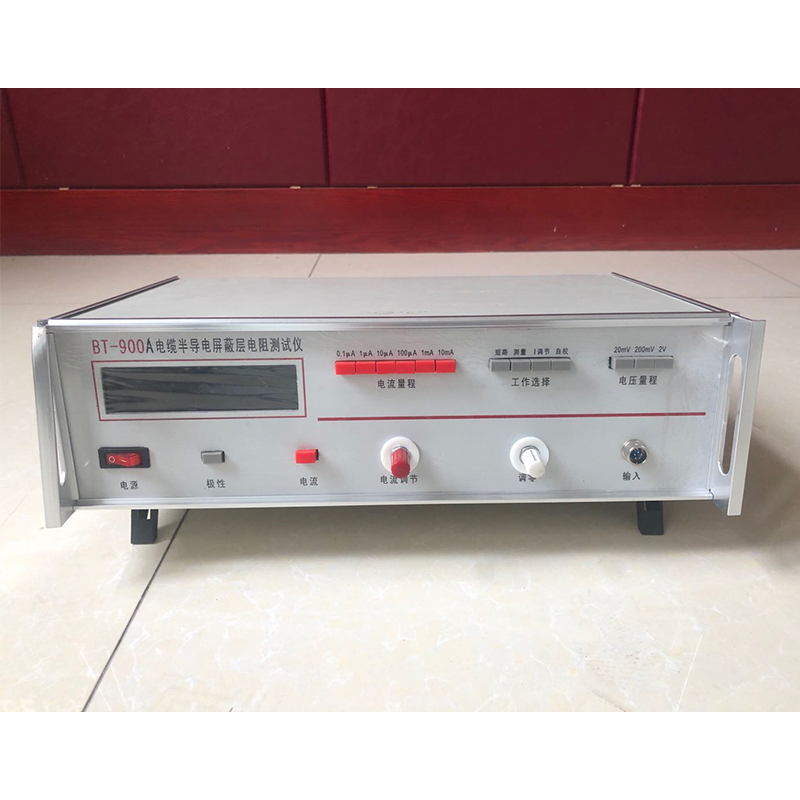Automated Electronic Tensile Testing System for Enhanced Material Performance Evaluation
Computer-Controlled Electronic Tensile Tester Revolutionizing Material Testing
The advancement of technology has transformed various industries, and material testing is no exception. One of the most significant innovations in this field is the computer-controlled electronic tensile tester. This sophisticated apparatus is designed to measure the tensile properties of materials, providing critical data that industries rely on for quality control, product development, and research.
At its core, a tensile tester assesses how materials respond to tension, which involves stretching and eventually causing the material to break. The importance of this testing cannot be overstated; understanding the tensile strength, yield strength, elongation, and modulus of elasticity of a material is essential for engineers and designers who must ensure that materials can withstand the forces they will encounter in real-world applications.
Components and Operation
A computer-controlled electronic tensile tester comprises several key components that work together to facilitate accurate testing. The main elements include a load cell, a control system, a computer interface, and grips to hold the specimen. The load cell measures the force applied to the material, while the control system governs the speed and manner in which the material is stretched. The computer interface is integral for data recording and analysis, allowing for a seamless transition from raw data collection to detailed reporting.
The operation of the tensile tester is straightforward but highly effective. After the specimen is securely fixed in place, the machine gradually applies tensile force while continuously monitoring the load and displacement. High-precision sensors ensure that even the slightest changes in strain and stress are recorded, allowing for a comprehensive analysis of the material’s behavior under load. The data collected is then processed using sophisticated software that can generate graphs, charts, and reports illustrating the material properties.
Advantages of Computer-Controlled Electronic Tensile Testers
computer control electronic tensile tester

The shift from manual to computer-controlled tensile testing offers numerous advantages. First and foremost, the precision and accuracy of data obtained are significantly enhanced. Unlike traditional methods that may involve manual measurements and possible human error, computer-controlled systems eliminate much of this variability. This provides manufacturers with reliable data that can lead to better-informed decisions regarding material selection and design.
Moreover, the speed of testing has increased dramatically. Automated systems can conduct tests at predetermined rates and pause to capture critical data points without operator intervention. This efficiency not only saves time but also allows for higher throughput in testing environments, which is particularly beneficial in quality assurance processes.
Another significant advantage is the enhanced capability for data analysis. Modern tensile testing machines come with powerful software that can perform complex calculations, generate visual representations of data, and even integrate with other software systems for comprehensive data management. This holistic approach to data analysis allows for more informed decision-making, thus facilitating innovation and improving product quality.
Applications Across Industries
The applications of computer-controlled electronic tensile testers span a wide array of industries. In construction, they ensure that materials like steel and concrete meet safety standards. The automotive and aerospace industries depend on these tests to ensure the materials used in manufacturing components are capable of withstanding extreme conditions. Even in the textile industry, tensile testing is crucial for assessing the strength and durability of fabrics.
In conclusion, the computer-controlled electronic tensile tester has become an indispensable tool in material testing. By offering unmatched precision, speed, and analytical capabilities, these testers are revolutionizing how industries evaluate the materials that shape our world. As technology continues to evolve, we can expect even greater innovations in testing methodologies that will further enhance material development and safety.
-
The Role of Tensile Force Testers in Quality Control and Material Science
NewsAug.01,2025
-
Maintenance and Safety Tips for Aging Ovens
NewsAug.01,2025
-
Density Balance in Forensic Science
NewsAug.01,2025
-
Advanced Optical Measurement Technologies
NewsAug.01,2025
-
A Buyer’s Guide to Tensile Test Machines
NewsAug.01,2025
-
Why the Conductor Resistance Constant Temperature Measurement Machine Redefines Precision
NewsJun.20,2025
 Copyright © 2025 Hebei Fangyuan Instrument & Equipment Co.,Ltd. All Rights Reserved. Sitemap | Privacy Policy
Copyright © 2025 Hebei Fangyuan Instrument & Equipment Co.,Ltd. All Rights Reserved. Sitemap | Privacy Policy

